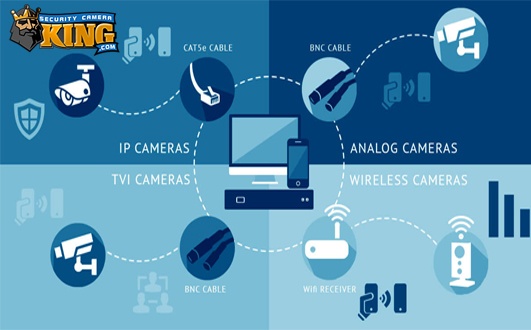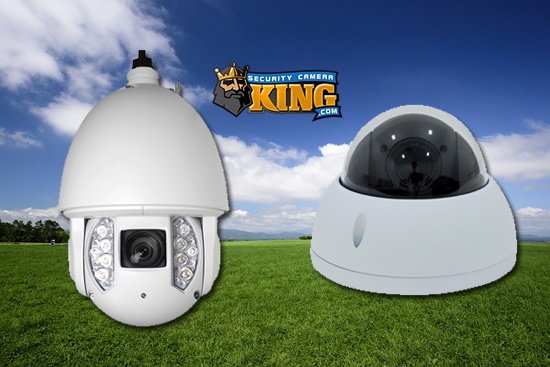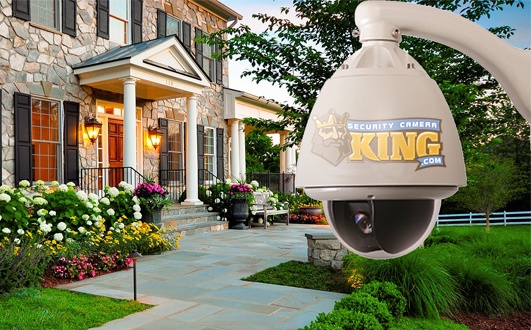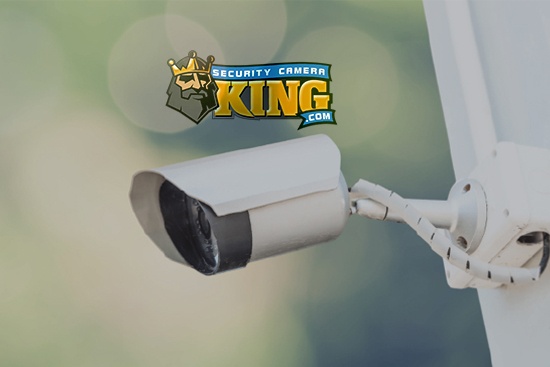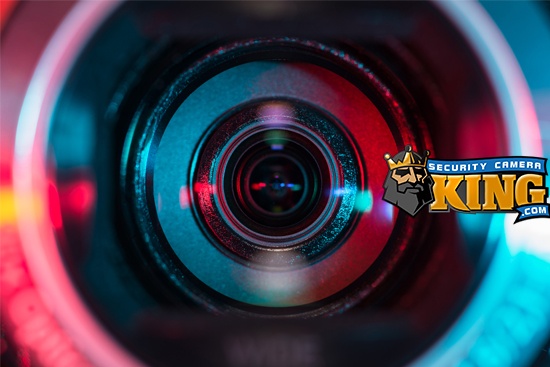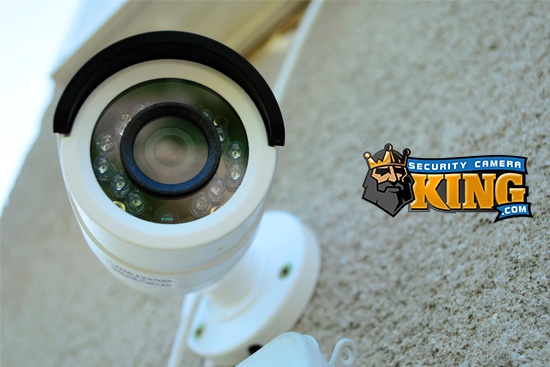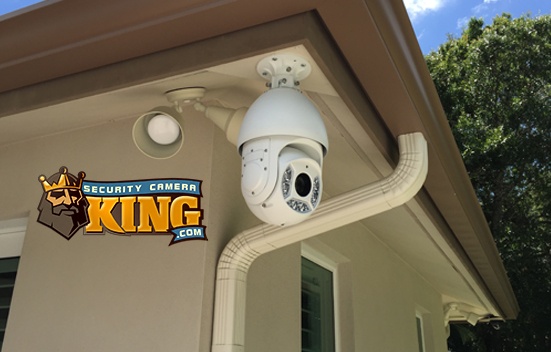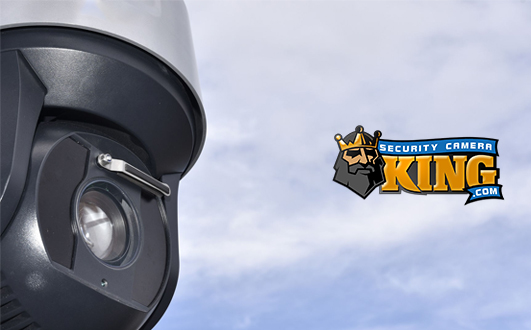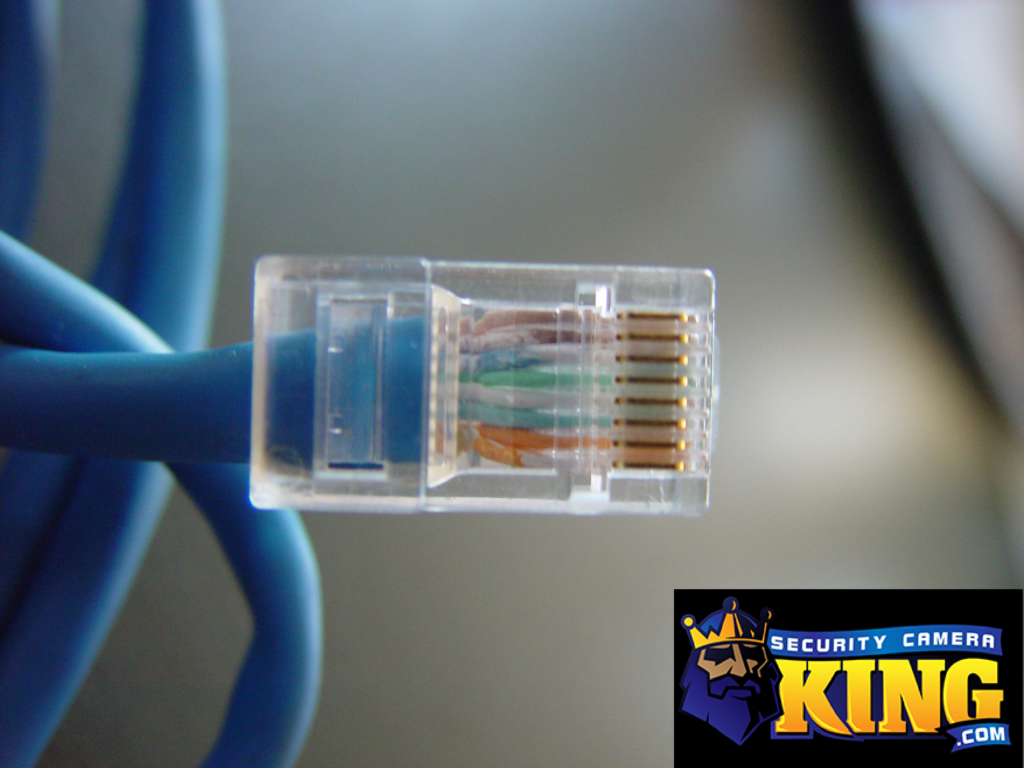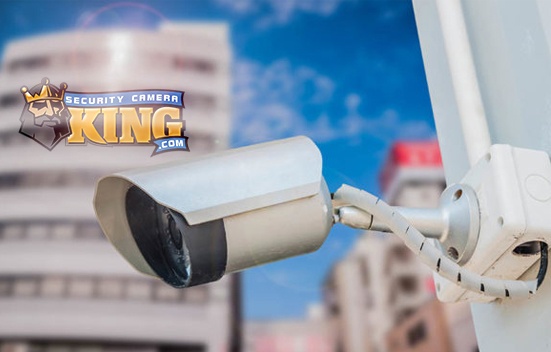How to Get More Footage on my Recorder?
One of the most popular questions we get asked at Security camera king is: “How to Get More Footage on my Recorder??” If you’re looking back at your existing stock of footage and finding you’re only able to go back so far you have a couple of choices. The first choice, if you’re okay with your current situation, is to simply plan going forward for only having so many days of footage. Many do not want to compromise quality or invest more into a system if they are okay with the current results. So if you know you’re getting 10, or 15 days, simply make sure to be on top of exporting footage soon if there is an incident.
However, you may need more time than this, Perhaps you have a certain licence requirement you have to meet and show a minimum amount of onhand footage. Others are simply away from the location too often to reliably pull footage once a week. In these cases, you’ll want to find a way to have more footage.
The other option is to take a look at your available quality settings, hardware, and recording settings to attempt to recover more time stock. Keep in mind, that you’ll never be able to recover something that’s already been overwritten- once it’s gone it’s gone. The way these systems are designed, they will record until the disks available are full, at which point the oldest recorded footage is then overwritten. There’s no magic button or catch-all that will answer the question “how to get more footage on my recorder” in a single shot. This is because rather than a singular setting, several factors play a role in saving footage. These factors must be considered when your goal is getting more time recorded
How to Get More Footage on my Recorder? I -Footage Facts
Your recorder is designed to continuously record data to the hard disk until its limit, and then start copying over that existing data. When this occurs the overwritten data is lost forever- there is no way to recover it. Several factors contribute to how much footage you can record before this happens.
- Hard Disk Size – Hard drives are rated for their data capacity in “bytes”. In today’s time, hard drives have billions and billions of bytes of available data and are now rated in Terrabytes. CCTV hard drives are functionally the same as PC hard drives except they are built to withstand constant writing and reading. The smallest CCTV drives Today come in sizes as low as 1 Terabyte, while the largest go up to 8 or even 10 terabytes. The larger the hard disk, the more data it can hold before overwriting.
- Number of Cameras – Each camera channeled to your recorder is a separate data stream, and are all inherently equal. To simplify let’s assume all cameras connected to a recorder are the same quality and settings. This means that the amount of data consumed is directly correlated to how many cameras are recording. Adding 1 camera, to a 1 camera system for a total of 2 will effectively double the amount of data being used. Add a third, and this is triple from the one camera setup. More cameras directly equate to less recording time.
- Image Quality – As mentioned in our last article resolution plays an incredible factor in hard disk usage. The higher the resolution, the more data it will take to record this image accurately and in good quality. 3 Cameras recording at 4k can potentially consume more data than 4 or 5 cameras recording at 1080p. This is because 4k is nearly four times as much data as 1080p, and the effect stacks across cameras.
- Duration – By default cameras are recording 24/7. The more often they record, the more data is used.
How to Get More Footage on my Recorder? II – Achieving More footage.
So now we understand a bit better some of the factors that contribute to usage, so what tools do we have to mitigate this usage and get more days of footage? Try the following:
- Reduce Image Quality via Resolution or Bitrate – When your recorder takes in the data from a camera, there are a few sub-factors that work in tandem with a resolution to determine this data size. Firstly know that you can also try lowering the resolution of the cameras themselves. If this isn’t something you’d prefer, you can try lowering one of the sub-factors which is the bitrate. Bitrate very quickly explained is the maximum amount of data per second that is allowed for a given recording. You can cap this so that it sacrifices a bit of the quality of a given resolution. For example, you can record at 4k but reduce the bitrate. The result will be a slightly less appealing image- but with a smaller hard drive footprint.
- Purchase a Recorder and cameras with Better compression – When video data is encoded is compressed as best as possible in almost every modern application that uses or encodes video. This is already a part of your records system using the h264 compression codec. However, our newest top-of-the-line recorders and cameras feature hardware-level H265 encoding. This reduces the amount of data needed to record at 4k by a whopping 60%.
- Limit recording times – As mentioned above the system will record 24/7 by default. Since every second recorded is more data used, one way to limit data use is to limit the times when you record. This can be done via the scheduler, and there are a few different ways to do this.
1. Motion Detection – you can set the system to record on motion detection only. This will make it so that the recorder only records data if there is a suspected event that needs attention.
2. IVS rules – similar to motion, or alongside it, you can have your cameras record only when tripwire or intrusion box rule lines are crossed
3. Direct Scheduling – you can directly schedule your cameras to record only during certain times and days of the week. - Upgrade or add Hard Disks – Lastly, if none of the above options are acceptable for your circumstances, but you still need more footage time the only option is to either upgrade your hard disk to a larger one or add more of them, Most recorders we carry can support more than one disk.
How do I save hard drive space for my recorder? III- Closing
That about covers it for what causes hard drive space to be taken up quickly, and how you can get more footage out of your existing set-up. If you’re in the market for a new hard drive, check out our CCTV HDD selection HERE. For more information on our products, services, or what we can do to help you protect your home or business with the best CCTV equipment in the industry- call Security Camer King today at 561-288-5258.
Related Media: What is Resolution, and why does it matter?
Find Us On: Facebook | Twitter | YouTube

